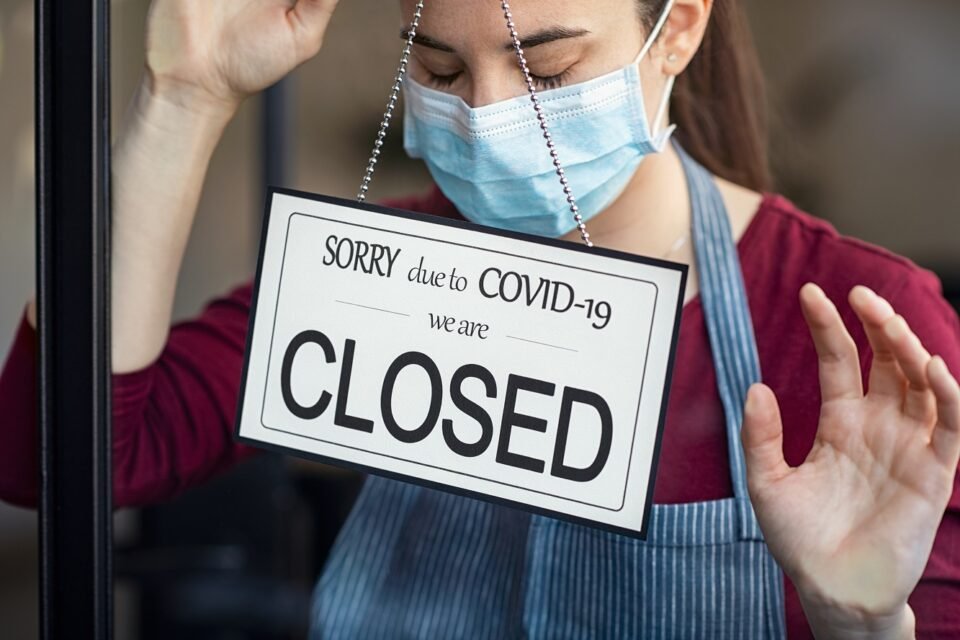The Covid-19 emergency is changing the rules of the game in the automotive sector. The epidemiological emergency of the coronavirus has had repercussions on the whole industry. Particularly affected by the pandemic was the car sector which saw manufacturers opt for the total closure of production plants. It is one of the sectors that most affected by the Coronavirus is the automotive sector.
The automotive sector, in fact, has been affected by Covid-19 since the initial phase of the epidemic – when the effects on the supply chain originating began to be transmitted globally. But in addition to the production block, the sector was also hit on the demand side. In fact, many consumers, faced with the uncertainty of the coming months, have postponed or cancelled the purchase of a new car.
The Coronavirus crisis is progressing little by little in our country, and even so, it seems that the worst is yet to come. The automotive sector is no stranger to this crisis, and proof of this is the collapse that is predicted in the sale of cars. It is for this reason that car brands are already preparing to try to reverse the situation, a strategy where we find interesting opportunities to buy a new car, the offers of cars in stock being especially noteworthy.
The effects of the Coronavirus in the sale of cars
The automotive sector will never be the same after Coronavirus. Whether production resumes smoothly starting from the summer, or the block caused by the Coronavirus continues throughout the “good season”, the gist of the matter will not change at all: the world of car manufacturers will have to deal with a decidedly different scenario than what was expected.
That said, there are two problems car manufacturers are facing right now. On the one hand, the difficulties in the supply of components, a problem that in the short term is not such, since current manufacturing methods allow factories to prevent these situations, and two, the accumulation of cars already manufactured that do not find a buyer before a sharp drop in demand.
The automotive sector was already undergoing profound change even before the pandemic began, which therefore had the effect of accelerating certain trends in progress. The outbreak of the epidemic affected car sales in the first place. In particular, the three great rich areas of the world, namely the United States, China, and the European Union, have seen their sales rhythms alternate.
As often happens in times of crisis, traditional businesses have been hit the hardest. On the other hand, new opportunities have opened up for Start-Ups. Strong doubts have also arisen among investors. Generally speaking, the stock market penalized companies in the automotive sector. A context has therefore emerged that may lead to the need for mergers by companies, through mergers or agreements, with all the risks involved.
Final words
To guide companies in these innovations, it will be essential to have a leadership able to take control of change and, at the same time, to ensure business continuity. But that’s not all: in an era of great change, it will be essential to guarantee the protection and professional development of employees. It will be necessary to strengthen relationships with customers and acquire new digital skills. Lastly, no less important will be redefining the strategic management of the supply chain in the light of the disruption in market dynamics.
All this not only to respond to the emergency in progress. But also to anticipate the evolution of new business models and actively contribute to the innovation and future development of the automotive market, for which one cannot ignore a more intense collaboration between all stakeholders.

